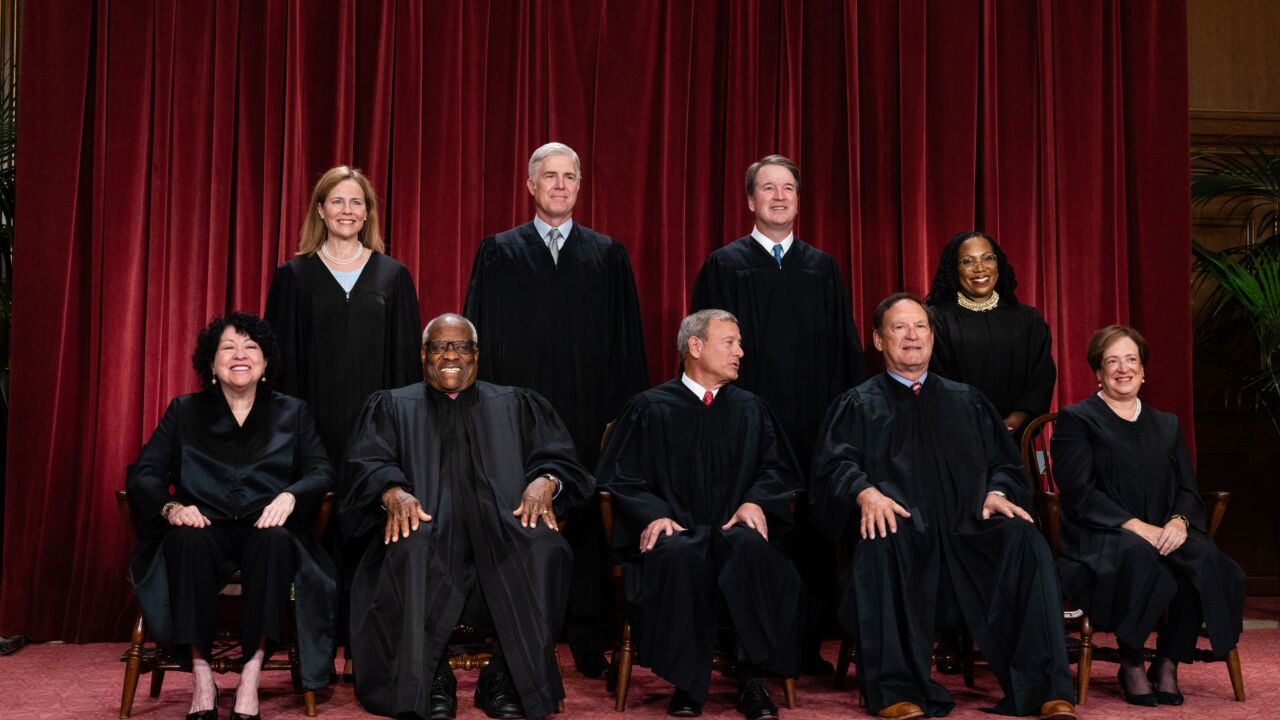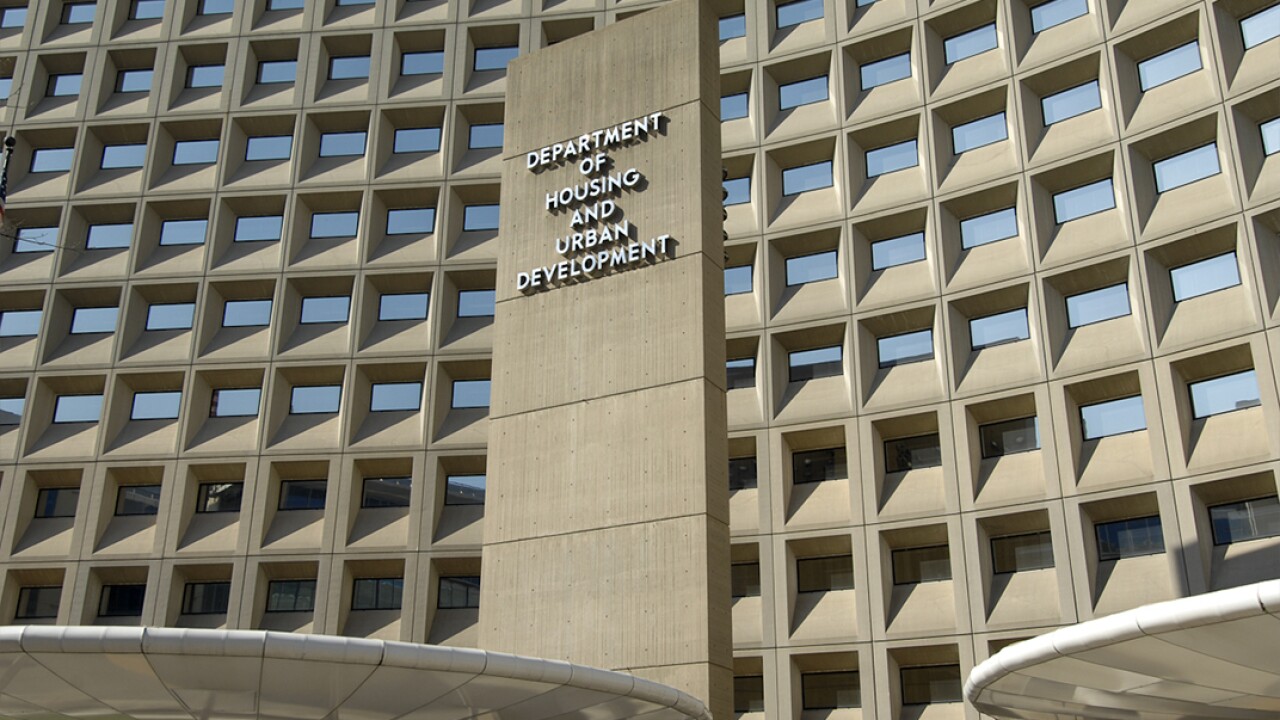
The Supreme Court has agreed to hear a case challenging whether the Consumer Financial Protection Bureau is constitutionally funded.
The high court on Monday agreed to take
In granting a petition by the CFPB, the court is expected to deal only with constitutional questions about the agency's funding and is not expected to revisit the bureau's 2017 payday lending rule, which was the basis of the initial lawsuit. The association, a payday lending trade group that filed the lawsuit against the bureau
The closely watched case could have a huge impact on consumers, the agency and the many industries it oversees. The CFPB had
The CFPB responded to the Fifth Circuit's decision by saying: "There is nothing novel or unusual about Congress's decision to fund the CFPB outside of annual spending bills."
Legal experts think the Supreme Court will want to know all the different ways that federal agencies are funded before determining whether the CFPB's funding is unconstitutional. Few experts think the court will abolish the CFPB outright. But the Fifth Circuit's ruling opened the door for the bureau's 12-year history of rules and enforcement actions
While the high court considers the case, the CFPB faces challenges to its
"Despite years of desperate attacks from Republicans and corporate lobbyists, the constitutionality of the CFPB and its funding structure have been upheld time and time again," said Sen. Elizabeth Warren, D-Mass., who founded the agency. "If the Supreme Court follows more than a century of law and historical precedent, it will strike down the Fifth Circuit's decision before it throws our financial markets and economy into chaos."
Legal experts are gaming out the various options for the CFPB after a three-judge panel of the U.S. Court of Appeals for the 5th Circuit ruled on Oct. 19 that the bureau's funding is unconstitutional.
In 2020, the Supreme Court ruled that the CFPB was unconstitutional because the president was denied the authority to fire its director for any reason. The practical effect of that ruling was limited. The court simply struck a related provision of the Dodd-Frank Act, and the bureau continued to operate as it had before.
Many experts think any Supreme Court decision will lead to a fight in Congress over the CFPB's future funding. Though some banks and financial institutions want the CFPB to be abolished outright, many others are hoping for a ruling that would force Democratic lawmakers to bow to reforms, including funding the agency through congressional appropriations and adopting a five-member commission structure instead of a single director with full authority.
Republicans intend to bring "the unaccountable CFPB under the annual appropriations process," House Financial Services Committee Chairman Patrick McHenry, R-N.C., said in a news release Monday. "As Republicans have said for years, the CFPB's unconstitutional funding structure improperly insulates it from Americans' representatives in Congress."
Many agencies including the U.S. Postal Service and U.S. Mint are funded from sources other than annual appropriations. Federal banking regulators — including the Office of Comptroller of the Currency and Federal Deposit Insurance Corp. — are funded through fees or assessments imposed on financial firms, while the Fed is funded through its own open market operations. When Dodd-Frank was being written, financial firms objected to the CFPB being funded through fees or assessments, experts said.
The case plays to many of the concerns of the current Supreme Court and a





